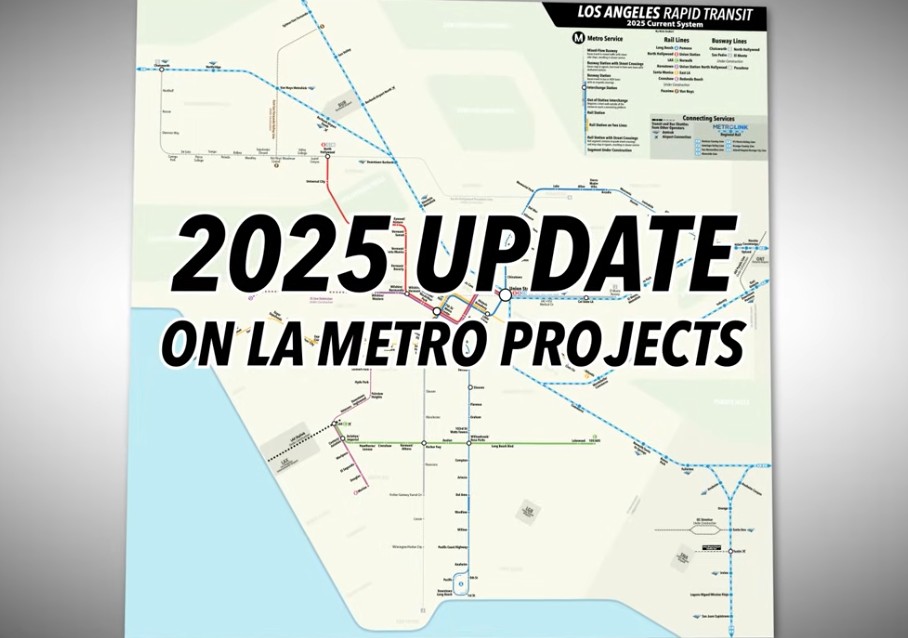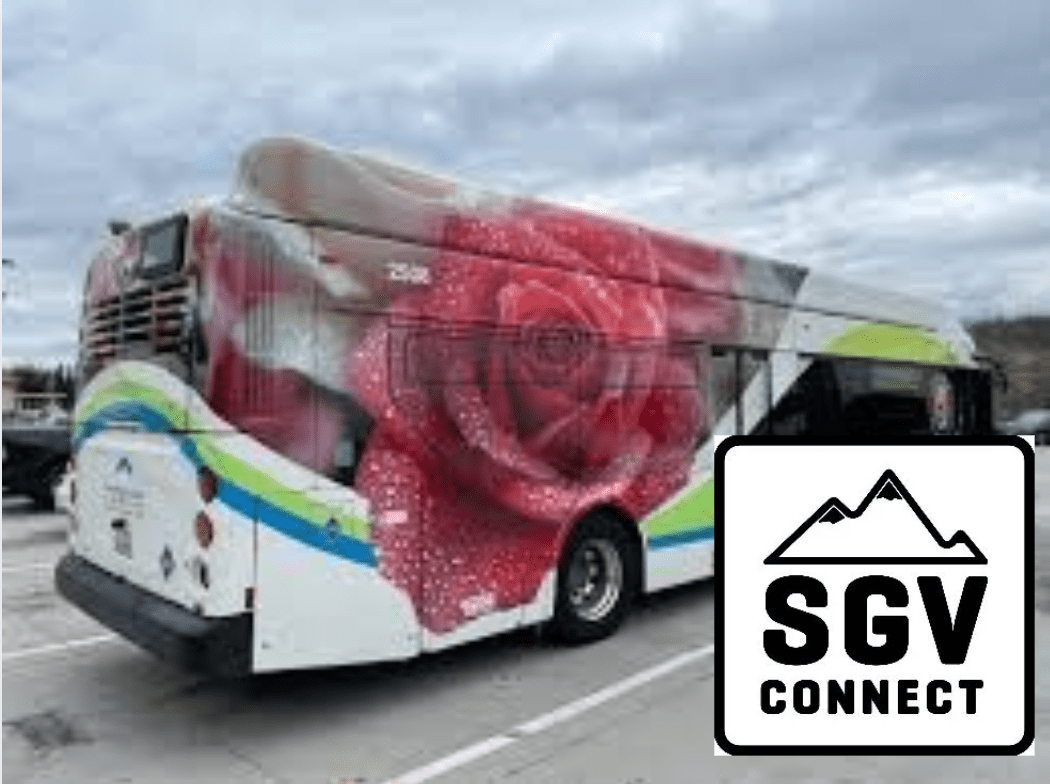
The taller the bus, the harder it falls. Since 2010, a Chinese firm's "straddling bus" concept has captured the imagination of people around the globe who want to avoid the hassle of carving out street space for transit. But a "test run" last week in the city of Qinhuangdao looks like it was the final blaze of glory for this idea.
Shortly after the test run, Chinese state media attacked the reputation of Song Youzhou, the designer of the "transit-elevated bus," and labeled the project an elaborate scam to bilk investors. Whether or not you believe those allegations, the straddling bus is full of holes so big, you could drive a car through them (yuck yuck).
Here are five of the biggest.
1. It's a train, not a bus
Let's get this out of the way first. The "bus" would run on tracks. It's a mistake to assume -- as many people apparently have -- that you could just plop a straddling bus with rubber tires on any old roadway and watch it go. Building tracks would be expensive and present a whole host of design challenges.
2. It only goes straight
This is a big one. How does a 25-foot-wide elevated train operating just above street traffic make turns? The 300-meter test run last week didn't include any. Can you imagine this enormous vehicle making right-angle turns on ordinary streets? (If you're wondering, some thought has in fact been given to the drivers who happen to be straddled by the bus at the time it turns. Special traffic signals underneath the bus would tell them to stop. What could go wrong?)
3. It can't run on streets with overpasses
The bus is 16 feet tall and could not clear overpasses and bridges in cities like Beijing, according to the Times.
4. It's not even that good at straddling

The clearance under the "bus" is 2.1 meters, but the maximum vehicle height in China is 4.5 meters. The one thing the straddling bus is supposed to do -- straddle -- it can't do very well.
5. It's just a fantasy to avoid building real transitways
This is the crux of the issue. Dedicated bus lanes can speed transit riders past traffic -- no gimmicky technology needed. But cities have to be willing to claim that street space. If they do, transit lanes can easily move many more people than car lanes.
Indeed, the 14-mile bus rapid transit system in Guangzhou, China, is closing in on 1 million passengers a day. Now that the straddling bus has been debunked, maybe more places will look to replicate Guangzhou's real-life success instead of fantasizing about something that will never happen.






